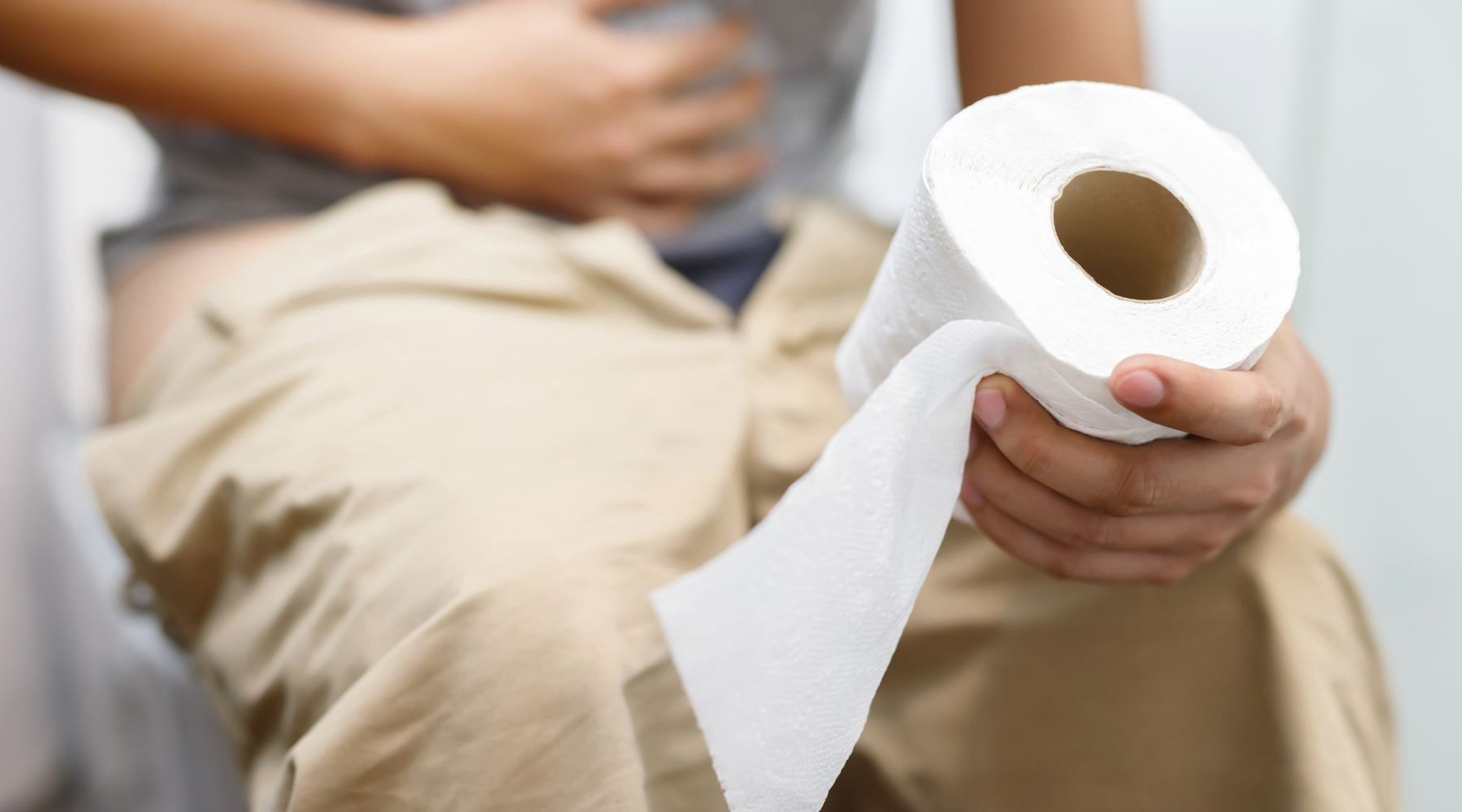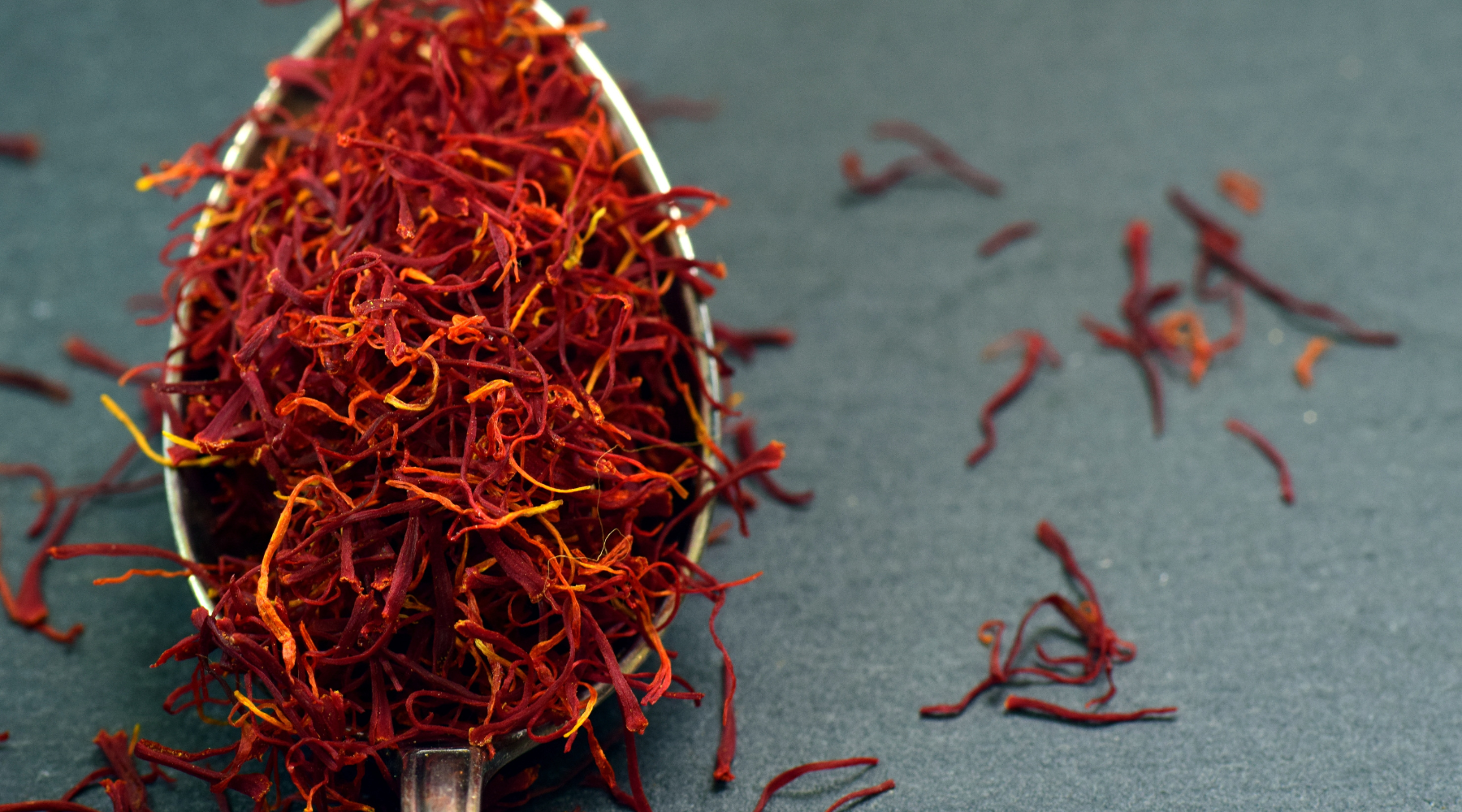
How to get things moving NATURALLY!
Lindsay Malone, MS, RD, CSO, LD
Feeling a little blocked up? You may be constipated. Constipation includes not have regular bowel movements, having hard or lumpy stools and/or difficulty passing stools. Regularity is different for everyone but generally speaking a healthy digestive tract should produce 1-2 well formed bowel movements daily. The Bristol Scale is often used to determine normal shape and consistency of stool. Regular bowel movements are important to remove waste products from the body. Chronic constipation can be a serious health concern, increasing the likelihood of other health conditions like Small Intestinal Bacterial Overgrowth (SIBO) and colon cancer. It’s important to both treat the constipation and address underlying cause to get things moving regularly to prevent future bowel issues. What’s Needed to Stay Regular? Regular bowel movements require adequate fiber, fluid and movement (also known as motility) of the digestive tract. The digestive tract is like one long conveyer belt that runs through the body. The conveyer belt has to be moving for the boxes to reach the end. Our digestive system is no different. All components of health digestion work together – the fluid keeps waste product soft so it can move easily, fiber stimulates movement, absorbs water to soften stool and binds waste products together and the motility keeps everything headed in the right direction. Proper digestion can be interrupted if any one of these components are missing. A low fiber diet, not drinking enough fluids and sedentary behaviors that slow motility can all be a culprit. Common medications, dietary supplements and certain foods can also slow digestion. Some common offenders in this category include pain medications, iron, calcium, dairy products and bananas. Natural Remedies If you find yourself dealing with constipation, preventive measures are not of much use. Fortunately, there are a number of natural lifestyle remedies for constipation.
- Sparkling Water: Hydration is an important part of regularly moving the bowels. Some studies have shown that sparkling water can be effective at relieving constipation. Choose unsweetened sparkling water and make sure this is part of an overall strategy for adequate fluid intake. A good starting point is roughly half your body weight in oz. of water.
- Supplemental fiber: Fiber adds bulk to stool, stimulates motility and results in more frequent bowel movements. There are two types of fiber, soluble and insoluble. Soluble fiber absorbs water creating a soft stool that is easier to pass. Insoluble fiber also plays a role in regularity, it stimulates contractions of the digestive tract that help move food forward.
- Magnesium: Magnesium can improve gut motility. Leafy greens, avocados and legumes (beans, peas, lentils) are all good sources of magnesium. And magnesium doesn’t only have to come from foods. Epsom salt baths are another good way to obtain magnesium and have the added benefit of relaxation which also supports regular bowel function. Supplemental magnesium, like magnesium citrate, works as an osmotic laxative – drawing water into the bowel, having a flushing effect.
- Senna: Senna is a plant that naturally stimulates contractions of the bowel. There are a number of herbal preparations that contain senna including Black draught, Chatoliocon, Daffy’s Exlixer, Diasenna, Swedish bitters and tea. Senna tea is widely available and simple to prepare. It has a mild licorice like flavor.
- Probiotics: Probiotics are live microorganism that provide benefit to the host (human or animal) when administered with consistency and in the right amounts. Several studies show probiotics to be effective in increasing stool frequency in individuals with chronic constipation. It is thought that probiotics relieve constipation through improving gut motility, nourishing the inner wall of the bowel and beneficially altering the bacterial balance within the gut.
- Flax oil or olive oil: Both flaxseed and olive oils have shown to be effective at softening stool and promoting regular bowel movements when used daily.
- Prunes: Prunes contain both insoluble fiber and a natural carbohydrate called sorbitol. Sorbitol is in a class of compounds known as a sugar alcohol. Sugar alcohols are not absorbed well by the body and draw water into the digestive tract, softening stool and making it easier to pass.
- Apples: Apples are another great source of fiber, with one apple supplying more than 15% of daily fiber needs. One of the soluble fibers contained in apples known as pectin is fermented by gut bacteria, softens stool, and delays transit time.
- Coffee: Caffeinated coffee can stimulate gut motility and increase the urge to have a bowel movement. Decaffeinated coffee does not work the same way. Animal studies have also shown that the small amounts of fermentable fiber in coffee have a positive influence on gut bacteria that may assist with regularity.
- Create a routine: Routine tells the brain what’s coming. This is why your stomach grumbles when you see food. The brain recognizes that food means it’s time to eat and the gastric juices start preparing to digest food. The grumbling, by the way, is the start of that conveyer belt moving. Bathroom habits are no different. Having a routine can signal to your brain that it’s time to have a bowel movement. A bathroom routine may include a specific time of day, reading or following another relaxing activity like a bath or shower.
- Manage stress: The stress response is aptly named the “fight or flight” response. Digestion is literally turned off during this time period because the body does not deem it as important. The opposite of the stress response is “rest and digest”. In this mode, the body is happily digesting food and moving waste product along. Meditation, exercise, deep breathing and enjoyable calm activities like gardening, puzzles and reading are all effective at reducing stress.
- Eat lots of high fiber plant foods: Fiber helps provide bulk, binds to waste products and stimulates the contractions of the digestive tract that propel food forward. Phytonutrients in plants also help nourish the lining of the digestive tract and create greater diversity of good bacteria. Supplemental fiber, like psyllium, can also help with regularity by softening the stool and adding bulk to stool. With dietary increases in fiber, proper hydration is important. A high fiber diet without adequate fluid can actually make constipation worse.
- Hydrate: Adequate fluid keeps stool soft so it is easy to pass. Without adequate fluid the body will conserve what it has to maintain a healthy blood supply. This means less fluid in the digestive tract and less fluid = harder stools. Adults should incorporate half their body weight in oz of unsweetened, caffeine free fluid for good health. Caffeinated fluids like coffee and tea can be dehydrating.
- Exercise: Physical activity stimulates peristalsis or movement of the digestive tract. Adults should aim for 150 minutes of moderate intensity exercise per week. Gravity may also play a role in getting things moving.
- Review medications and supplements: Review medications and supplements with a qualified health care provider to determine what could be contributing to constipation and if there are any alternatives. For example, iron is known to cause constipation but certain forms of iron like iron chelate have less of an impact on motility.
- Incorporating pre- and probiotics: Prebiotics are fiber-rich foods that are fermented by gut bacteria. Not all foods containing fiber are considered prebiotics. Common sources of prebiotics include bananas, onions, garlic, leeks, and chicory root. Probiotics are live microorganisms that can provide health benefits if consumed with regularity and in the right amounts. Food sources of probiotics include fermented dairies like yogurt and buttermilk as well as sauerkraut, kombucha, miso, and kimchi.


